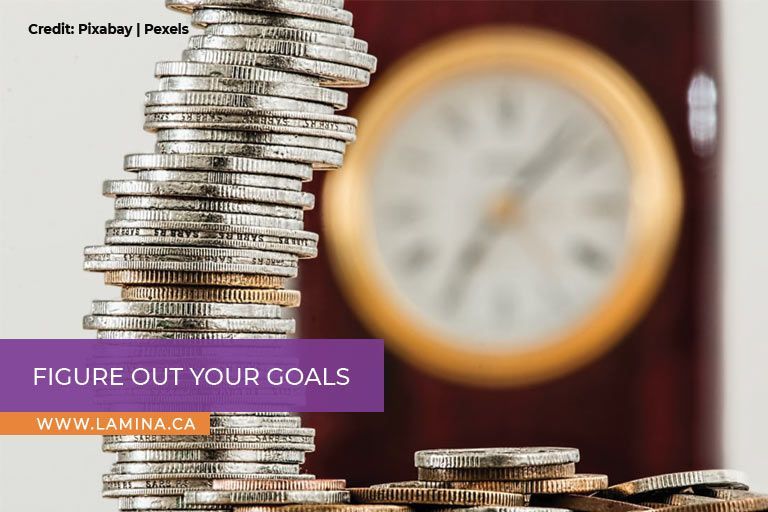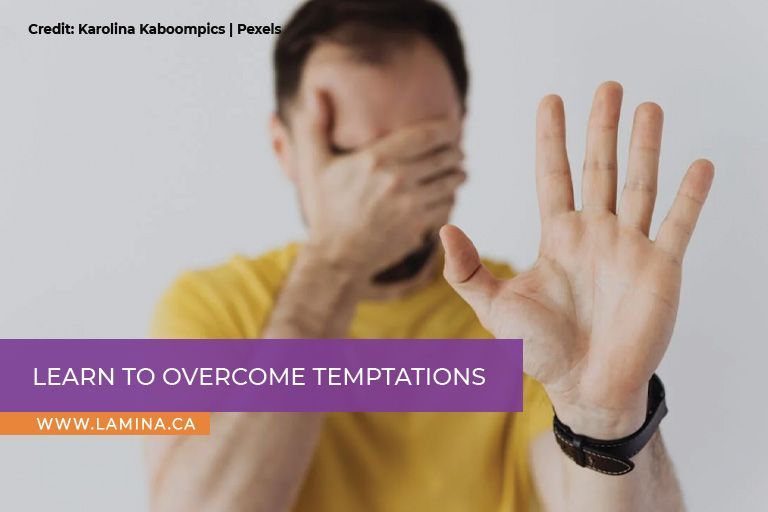Feeling the pinch financially? We've all been there. Unexpected expenses, stagnant income, or simply a desire to gain control — these are all valid reasons to embark on a financial challenge. Enter the No-Spend Month Challenge, a self-imposed experiment where you drastically cut back (or eliminate entirely) discretionary spending for a whole month.
This challenge isn't about deprivation or extreme sacrifice. It's about becoming an
intentional consumer, maximizing what you already have, and fostering a healthy relationship with money. Whether you're aiming to pay down debt, save for a specific goal, or simply break free from the cycle of impulse spending, the No-Spend Month can be a transformative experience.
Why Do a No-Spend Month?
The benefits of a No-Spend Month extend far beyond simply saving money. Here are some compelling reasons to give it a try:
Do you feel like your spending is on autopilot? A No-Spend Month forces you to become hyper-aware of where your money goes. This self-awareness can be the first step to creating a sustainable budget and achieving long-term financial goals.
We all fall prey to impulse purchases and unnecessary spending. A No-Spend Month helps break the cycle of mindless spending and teaches you to differentiate between wants and needs.
A No-Spend Month allows you to redirect money typically spent on non-essentials towards more critical areas like your emergency fund or debt repayment. This concentrated saving effort can have a significant financial impact.
When spending is restricted, your creativity blossoms. You'll find ways to entertain yourself, cook delicious meals, and socialize without breaking the bank.
- Foster an Appreciation for What You Have
Taking a break from spending allows you to appreciate the things you already own. You might be surprised at the hidden gems in your pantry or the entertainment possibilities within your own home.
Set Yourself up for Success by Planning
Before diving into a month of minimal spending, some crucial planning steps will significantly enhance your chances of success.
1. Define Your "No-Spend" Boundaries
Establish clear boundaries for yourself. Will you allow for essential expenses like groceries, utilities, and transportation? How about pre-existing subscriptions for necessities like internet? Decide which categories are "off-limits" and which are necessary for your well-being.
2. Take Inventory
Scour your pantry, refrigerator, and freezer. You'll be surprised at the forgotten ingredients and meals hiding in plain sight. Plan your meals for the month around these existing resources, saving money at the grocery store. Consider creating a "use it up" challenge before diving into new purchases.
3. Opt for Frugal Alternatives
Entertainment doesn't have to come with a hefty price tag. Take advantage of free museum days, library events, board game nights at home, or outdoor activities like hiking or exploring a local park. Check local community centers and bulletin boards for free or low-cost events happening near you.
4. Harness the Power of "Free"
From free online courses to downloadable audiobooks and virtual tours of museums around the world, there's a wealth of free entertainment and learning opportunities at your fingertips. Leverage the free resources offered by your local library, such as movies, ebooks, and audiobooks.
5. Communicate with Loved Ones
If birthdays or social gatherings fall during your No-Spend Month, communicate your challenge to friends and family. They may be understanding and suggest alternative celebrations that don't involve spending money. Think potlucks, game nights, or movie nights at home.
6. Plan for Unexpected Expenses
While unforeseen emergencies may require breaking the "no-spend" rule, there are responsible options. Lamina offers
no credit check payday loan alternatives. These solutions can help bridge financial gaps without the burden of higher-interest loans.
Conquering the Challenge: Tips for a Successful No-Spend Month
As you embark on your No-Spend Month, it's important to anticipate potential challenges and develop strategies to overcome them. Here are some common hurdles and tips for navigating them successfully:
Remind yourself of the reasons you're doing this challenge. Imagine the financial freedom and peace of mind that awaits you at the end.
Connect with friends, family, or online communities who are also participating in No-Spend Months. Sharing experiences and encouragement can make the journey easier.
When faced with temptation, take a deep breath and practice mindfulness. Focus on the present moment and remind yourself that the urge to spend will pass.
Discover free or low-cost hobbies that align with your interests. Try painting, writing, gardening, or learning a new skill online.
- Reconnect with Old Friends
Reach out to friends you haven't seen in a while. Schedule a coffee date or a virtual hangout to catch up.
Giving back to your community can be incredibly rewarding and fulfilling. Find volunteer opportunities that align with your passions.
- Handling Unexpected Expenses
If you have an emergency fund, use it to cover unexpected expenses. This is why building an emergency fund is a crucial financial goal.
- Consider Responsible Borrowing
If your emergency fund is insufficient, look at responsible borrowing options like
fast cash installment loans from reputable lenders. These loans can provide much-needed financial relief.
- Celebrating Success and Building New Habits
- Reflect on Your Achievements
At the end of your No-Spend Month, take time to reflect on your accomplishments. Celebrate your victories and learn from any challenges you faced.
- Integrate Positive Habits
Continue incorporating the positive habits you developed during your No-Spend Month into your daily life. This will help you maintain your financial progress.
Use the momentum from your No-Spend Month to set new financial goals. Consider saving for a vacation, investing in your future, or paying off debt.
Beyond the Month: Lasting Financial Benefits
The No-Spend Month isn't just a temporary challenge; it's a springboard for developing healthy financial habits. Here are some ways to translate your newfound skills into long-term success:
Use the awareness gained from the No-Spend Month to create a realistic budget that tracks your income and expenses.
Set up automated transfers to a savings account, so you "pay yourself first." Even small, regular contributions can make a significant difference over time.
Monitor your spending throughout the month to identify areas where you can continue to cut back. Download budgeting apps or use a simple notebook to track your progress.
- Minimize Impulse Purchases
Before making a non-essential purchase, implement a "waiting period." Reflect on whether you truly need the item and find alternative ways to fulfill your desire.







